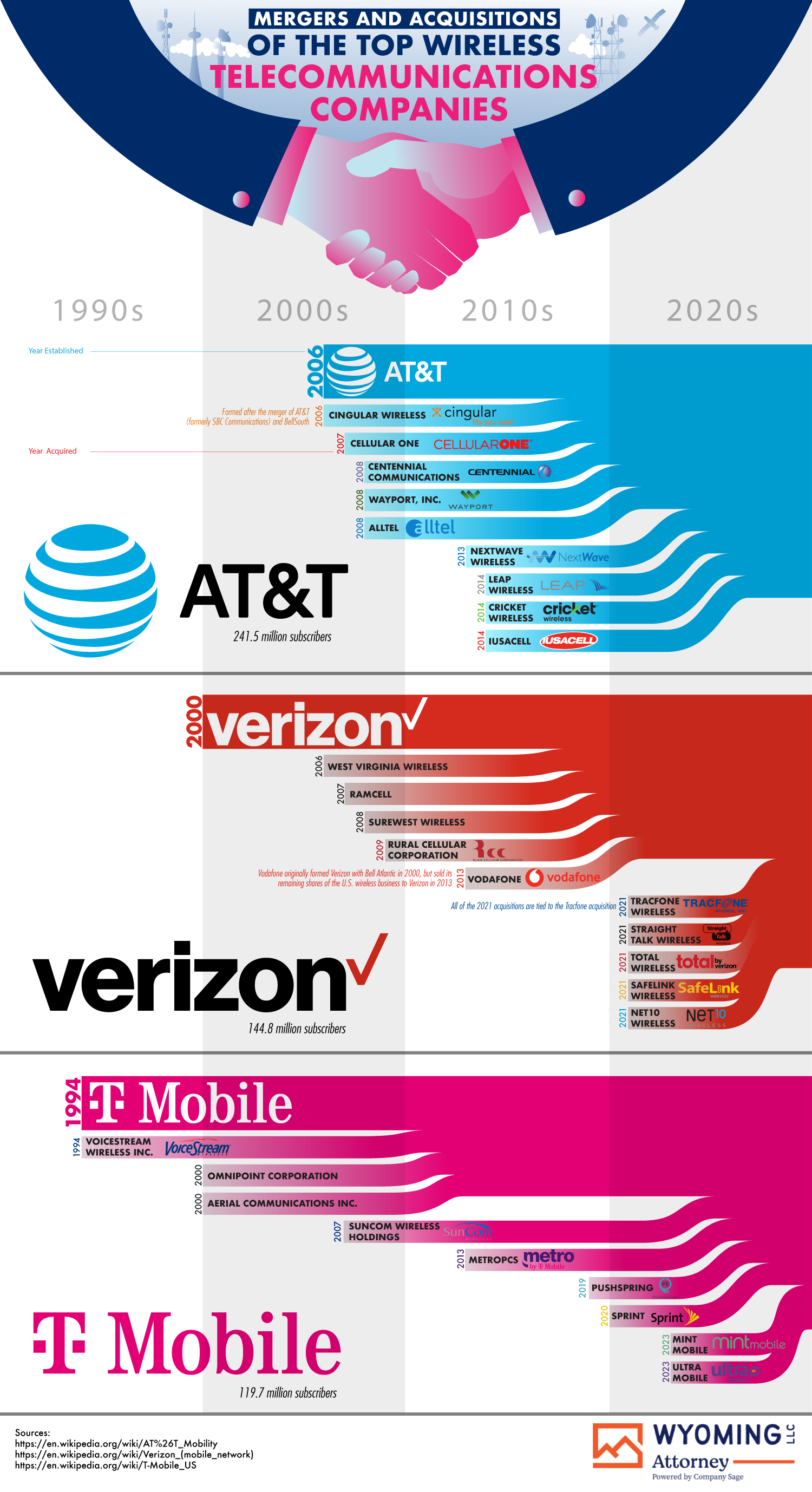Timelines
The Largest Passenger Ships in the World Since 1831
-
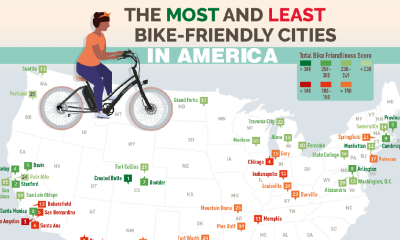
 Charts3 years ago
Charts3 years agoWhere Are the Most Bike-Friendly Cities in America?
-
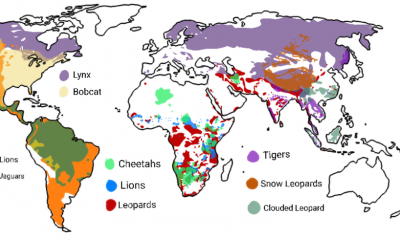
 Maps4 years ago
Maps4 years agoWorld Map Shows the Distribution of Big Cats Around the World
-
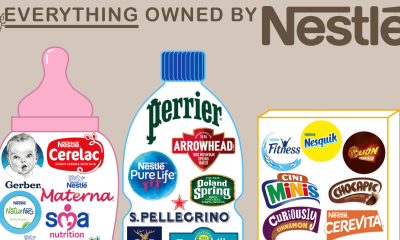
 Misc Visuals3 years ago
Misc Visuals3 years agoWhat Brands Does Nestlé Own?
-
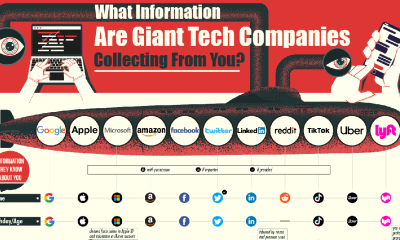
 Charts4 years ago
Charts4 years agoA Compilation of Information That Popular Tech Companies Collect From Their Users
-
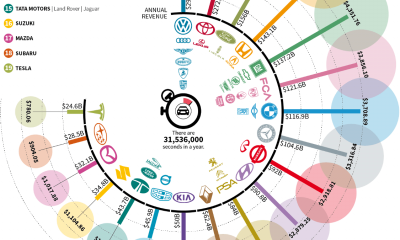
 Charts4 years ago
Charts4 years agoHow Much Car Manufacturers Make Every Second
-
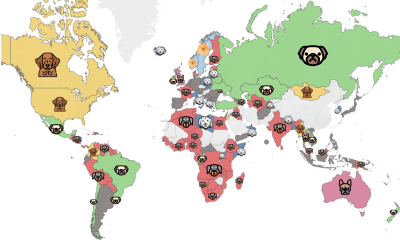
 Maps3 years ago
Maps3 years agoThe Most Searched Dog Breeds In Every Country Around The World
-
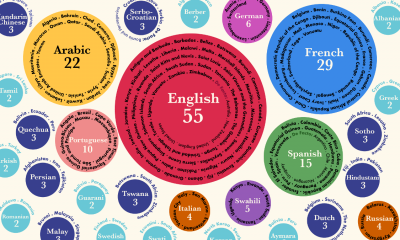
 Charts4 years ago
Charts4 years agoThe Official Languages Found in the Most Countries Around the World
-
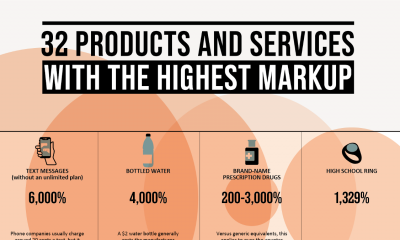
 Charts3 years ago
Charts3 years ago32 Products with the Highest Markup


